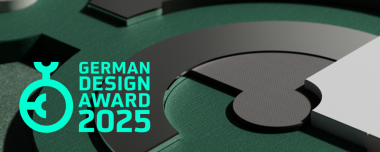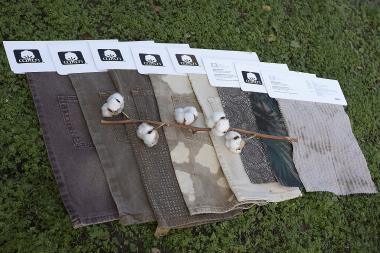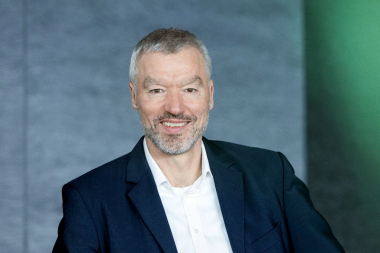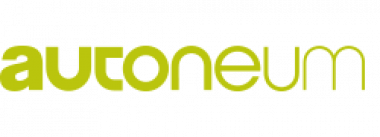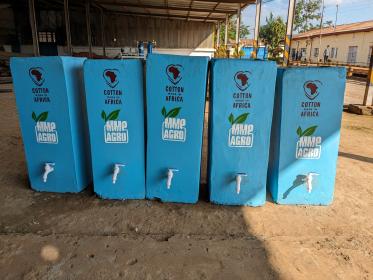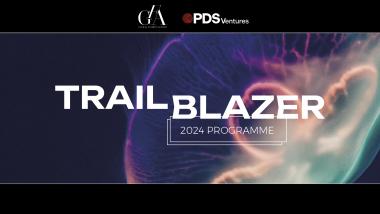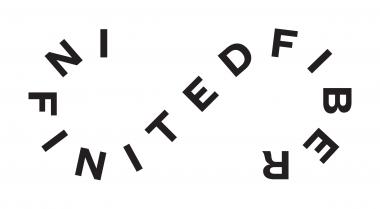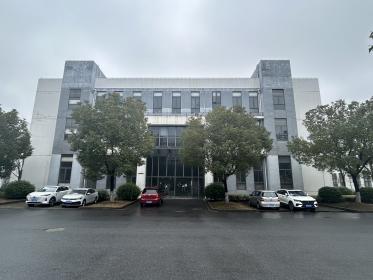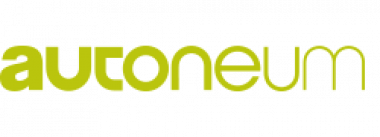TradeBeyond: AI-Powered Supply Chain Traceability Tools
TradeBeyond has announced an advancement in its traceability solution through the integration of artificial intelligence. This upgrade allows global brands and retailers to improve visibility and reduce risks in their supply chains.
TradeBeyond's latest platform enhancements incorporate artificial intelligence to automate documentary verification and document chain of custody. These improvements bolster efficiency, security, and reliability. Advanced AI verifies the authenticity and integrity of products, tracing their journey from raw materials to production and delivery in compliance with increasing ESG regulations and standards.
TradeBeyond’s enhanced traceability solution leverages AI to automatically scan all documents, including orders, invoices, bills of lading, and shipping advices. It compiles the chain of custody documentation and checks critical product and shipment documents against multiple databases of blacklisted entities for potential compliance risks. The AI also identifies gaps or missing documentation, alerting businesses and suppliers for resolution before shipping.
Recent global supply chain due diligence laws, including the Uyghur Forced Labor Prevention Act and others, have placed stringent requirements on brands and retailers to provide their goods' chain of custody. TradeBeyond’s AI simplifies compliance with these laws, while increasing the data accuracy, visibility, and transparency necessary for sustainable sourcing.
TradeBeyond





